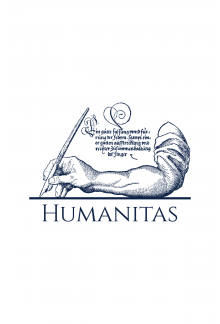- Home
- All Categories
- Academic, Professional Literature
- Natural & Physical Sciences
- Biology
- γδ T Cell Cancer Immunotherapy

γδ T Cell Cancer Immunotherapy
Voted 0
ISBN: 9780443217661
Published: 2024
Publisher: Academic Press
Language: English
Format: Hardback
Format: 9.25×7.5
Published: 2024
Publisher: Academic Press
Language: English
Format: Hardback
Format: 9.25×7.5
Price:
Whe don't have this product
Delivery in Lithuania within 3-5 weeks. Possible delay
In stock. Delivery in Lithuania within 1-4 working days
Delivery in Lithuania within 3-5 weeks. Possible delay
Delivery conditions
Description
<p><i>γδ T Cell Cancer Immunotherapy: Evidence-Based Perspectives for Clinical Translation</i> sets out and critically discusses the current clinical and relevant preclinical γδ T cell immunotherapy landscape.<br>In five chapters, field experts discuss the challenges facing γδ T cell oncoimmunotherapy, propose solutions, and map next steps.<br><br>Particular attention is given to summarizing our understanding of the complex, translationally relevant human γδ T cell biology, the evidence basis for designing γδ T cell combination trials and data-driven perspectives on what is known—and what isn’t—about γδ T cell therapeutic persistence. Various perspectives are provided on how issues of cytotoxic effector function, functional exhaustion, and cytokine addiction can be mitigated using gene engineering.<br>A chapter is dedicated to the systematic review of all γδ T cell immunotherapy trials to date, and the cell therapy products that were used in these trials. The final chapter discusses allograft persistence-enhancement techniques in the context of γδ T cell therapy, covering lymphodepleting chemotherapy and synthetic stealth engineering.<br><br><i>γδ T Cell Cancer Immunotherapy: Evidence-Based Perspectives for Clinical Translation</i> gives an updated and comprehensive insight into the current state of γδT cell immunotherapy, which is of interest to existing translational γδ T cell specialists, the proliferating range of academic scientists and commercial scientists entering the field, as well as clinicians who may encounter γδ T cell immunotherapy in the clinic, or are wishing to familiarize themselves with noncanonical lymphocyte immunotherapy.</p>
Reviews (0)
Write a review
